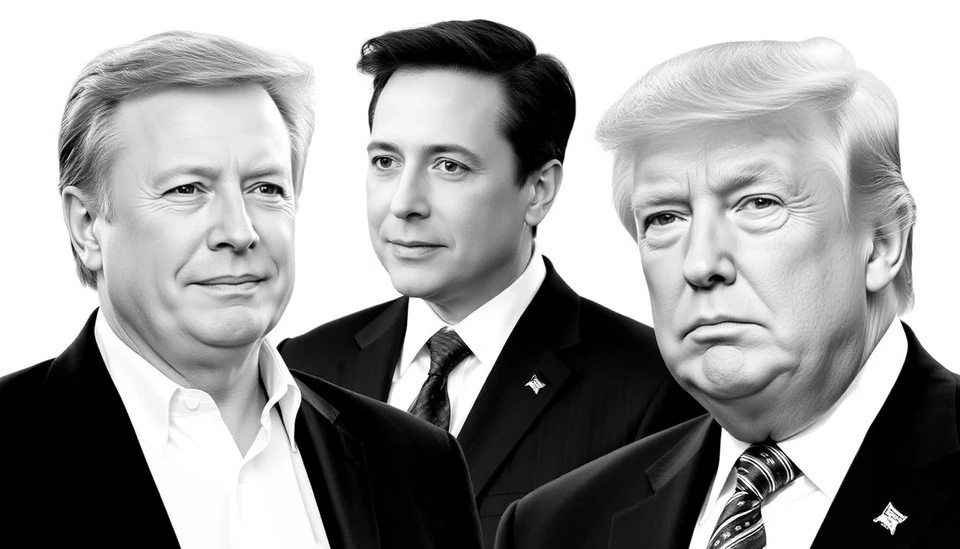
In a recent public appearance, Kimbal Musk, the younger brother of tech billionaire Elon Musk, openly criticized former President Donald Trump's trade tariffs, sparking discussions about family dynamics in the context of national policy. Kimbal, known for his work in sustainable food initiatives and entrepreneurship, expressed concern that the tariffs implemented during Trump's administration are detrimental to American consumers and small businesses.
During an interview, Kimbal emphasized that the tariffs have increased consumer prices, putting a strain on families across the nation. He articulated that the economic burden shifts disproportionately to everyday Americans while failing to protect domestic industries as intended. Kimbal argued that such financial strain dampens the overall innovation and entrepreneurship essential to the country's economic health. He believes a more collaborative approach to trade could lead to better outcomes for both consumers and US companies.
Kimbal's critical stance comes at a time when many are re-evaluating trade policies and their ramifications on the economy. He mentioned that while protecting American jobs is crucial, the implementation of tariffs has not been the solution it was promised to be. According to him, the complexities of global trade require a multifaceted strategy rather than reactive measures that may have unintended consequences.
This public critique highlights a broader divide within the Musk family regarding economic and political beliefs. Elon Musk has often maintained a more business-oriented stance, focusing on technological advancement and market trends without delving too deeply into the resultant socioeconomic issues. In contrast, Kimbal seems to prioritize the immediate needs of average Americans, advocating for a more balanced approach to helping both consumers and businesses thrive.
As the discussion around tariffs and trade policies continues, Kimbal Musk's comments may resonate with other entrepreneurs and consumers who are feeling the pinch of rising prices. His perspective adds a unique voice to the ongoing dialogue about the direction of US trade policy and its real-world impact on American families.
By positioning himself as a proponent of sustainable business practices and consumer welfare, Kimbal Musk is carving out his niche in a world dominated by tech moguls. His willingness to confront challenging issues points to a potential shift in how business leaders engage with public policy and social responsibility.
The conversation around tariffs, trade, and economic equity shows no signs of slowing down, particularly as ongoing political campaigns set the stage for upcoming elections. As Americans look toward the future, voices like Kimbal Musk's will be critical in shaping the narrative around economic fairness and innovation in the country.
In summary, Kimbal Musk's reflections on Trump's tariff strategy signify a critical response to perceived economic injustices, urging a reconsideration of policies aimed at protecting American interests. His position represents a compelling blend of entrepreneurship and social responsibility, one that could inspire a new generation of leaders in the business world.
#KimbalMusk #TradePolicy #Tariffs #EconomicJustice #Entrepreneurship #ElonMusk #TrumpAdministration #SustainableBusiness #ConsumerRights
Author: Samuel Brooks




